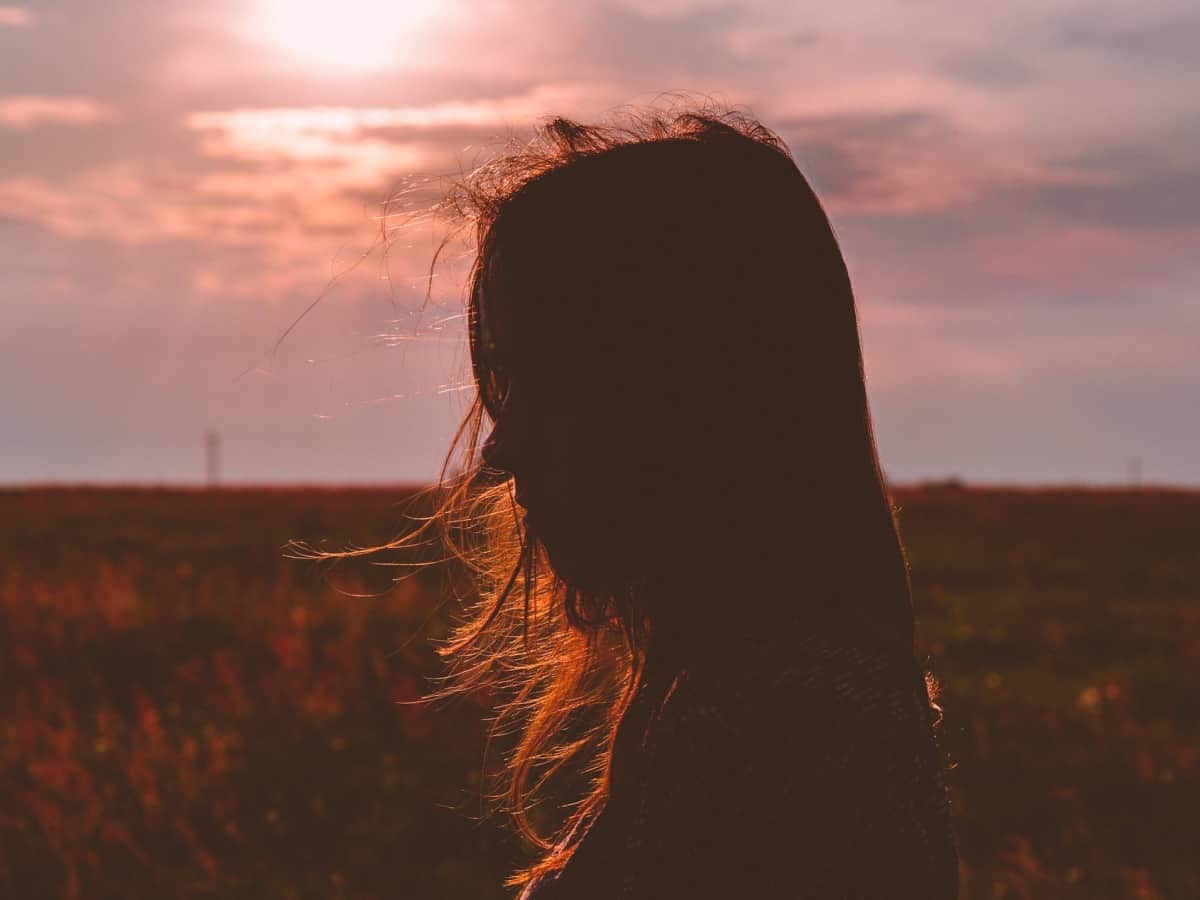
New Delhi: An NGO claimed that rape-related crime rate in India rose 70.7 per cent over the last two decades, as it invoked the jurisdiction of the Supreme Court, for enforcement of fundamental rights of victims of sexual violence (VSV) guaranteed by Articles 14 and 21 of the Constitution as well as the victim compensation scheme under section 357A of the CrPC and NALSA’S compensation scheme for women victims/survivors of sexual assault/other crimes 2018.
The plea said the 2018 apex court verdict said all the states will have to follow the National Legal Services Authority’s (NALSA) scheme of compensation. Claiming many states have not amended their victim compensation schemes (VCS) as per NALSA Scheme of 2018, it said that the ineffective functioning of different State Legal Services Authorities (SLSA), non-inclusion of offences under Protection of Children from Sexual Offences Act (POCSO) in definition of sexual assault victims, enabling only victims and their dependants (omitting guardians) to file application, is together is resulting in the re-victimisation of the victims.
A bench headed by Chief Justice D.Y. Chandrachud and comprising Justices P.S. Narasimha and J.B. Paridwala, after considering the petition, issued notice to the Central government and the state legal service authorities of Madhya Pradesh, Uttar Pradesh, Bihar and Delhi.
Advocate Jyotika Kalra represented the petitioner, NGO Social Action Forum for Manav Adhikar, which pointed out that according to study based on annual reports of the National Crime Reports Bureau, rape-related crime rate in India rose 70.7 per cent over the last two decades from 11.6 per 100,000 women and girls in 2001 to 19.8 in 2018.
The plea contended that in the absence of awareness and training of police regarding NALSA Scheme of 2018 and 357A CrPC, the police does not add the important sections of crime in the FIR making the victims ineligible for compensation.
“The petitioner has found lack of awareness about VCS, different VCSs in different SLSA and complicated processes are prolonging the agony of the victims. For example, in Bihar & Delhi, Form I is required to be filled which for the poor and uneducated is a hurdle in accessing justice. In Madhya Pradesh & UP, an application on behalf of the victim is sufficient,” said the plea.
The plea said the application for compensation can only be filed by victim or her dependents under section 357 A (4) of the CrPC and under Rule 5 of NALSA scheme of 2018, by victim or her dependents or the SHO, of the area before concerned SLSA or DLSA.
“In reality, most of the victims are minors and dependents themselves, the provision itself becomes a blockage in dispersal of compensation, as the guardian of the minor victim can’t file an application on her behalf,” the plea added.
It said: “One of the reasons why compensation is not reaching VSV, is lack of standard monitoring systems including the method to collate data/records from service providers (e.g. complaints, number of cases given interim relief, police records, health records and others) the safety and security of victims/survivors is getting compromised.”
The NGO said different states are implementing their state specific scheme in different ways while some wait for the trial to be over before providing compensation. It further added that for the victim, every day is critical, they need money even for the day-to-day necessities, for the treatment and also for pursuing the matter with the police.
The petitioner sought a direction for completing the inquiry expeditiously, not exceeding 60 days, as per Rule 9 of NALSA Scheme, 2018. And the state governments and Union Territories should give wide publicity to it and implement it in letter and spirit, including uniformity in procedures and amount of compensation.



